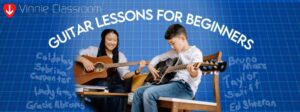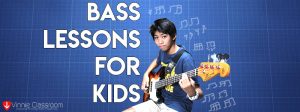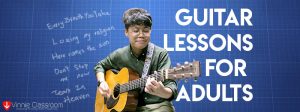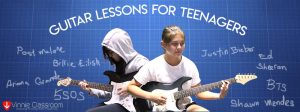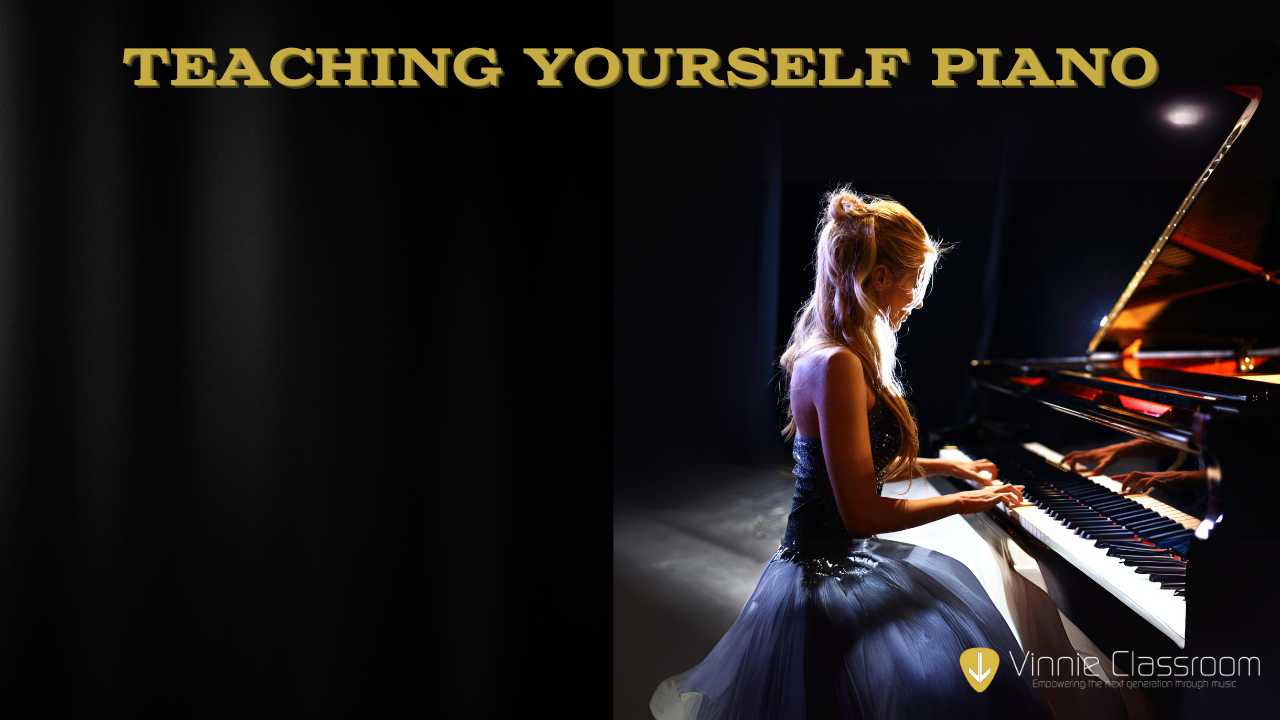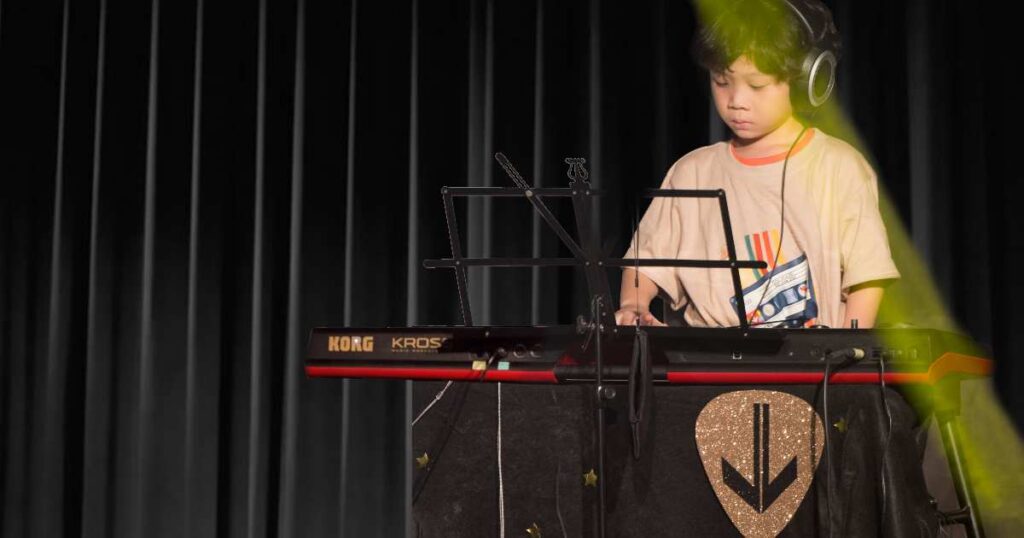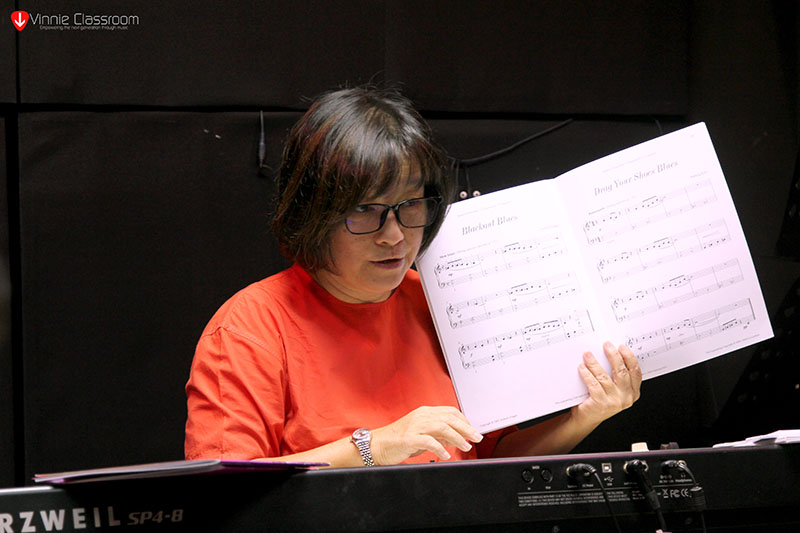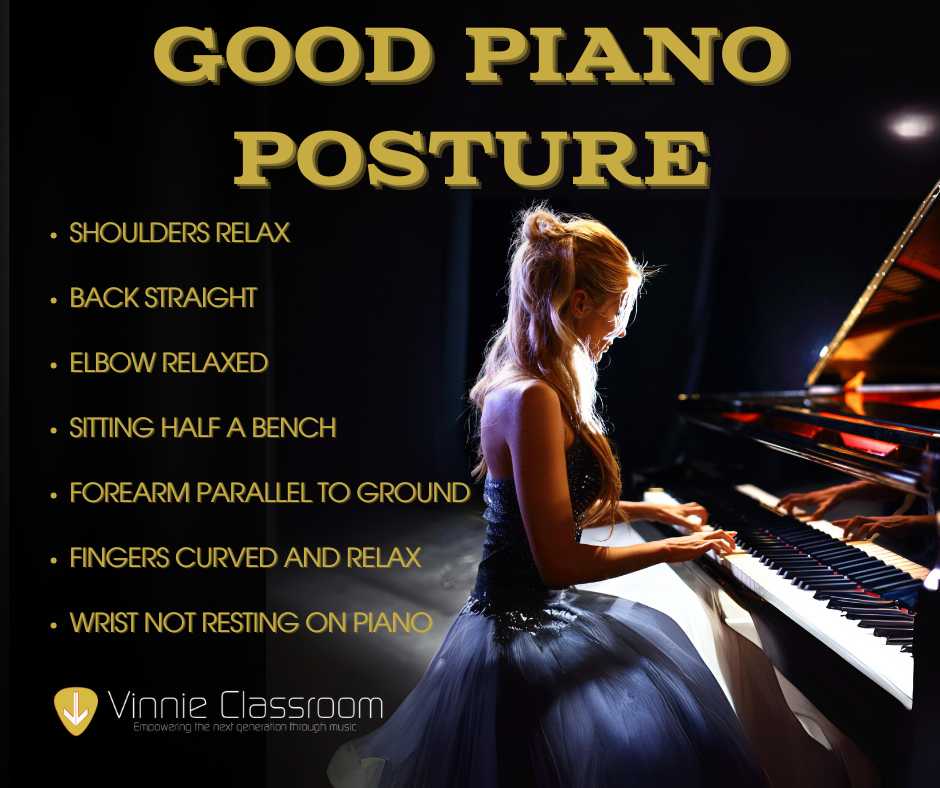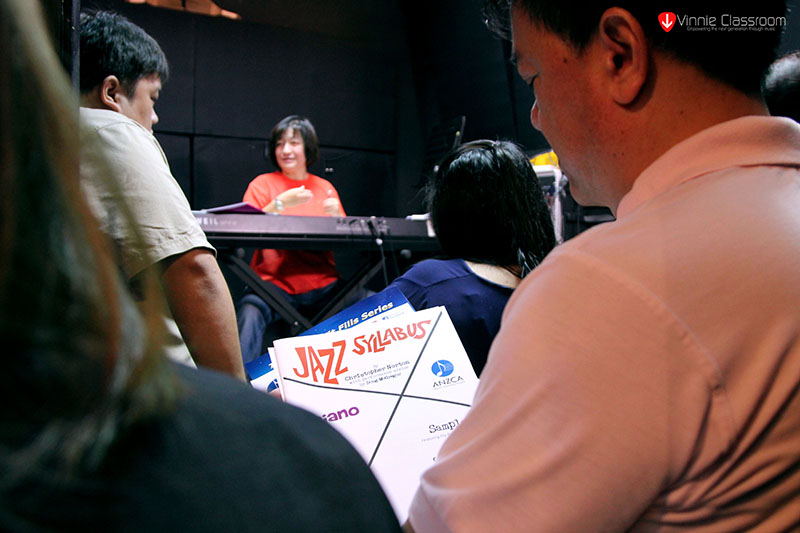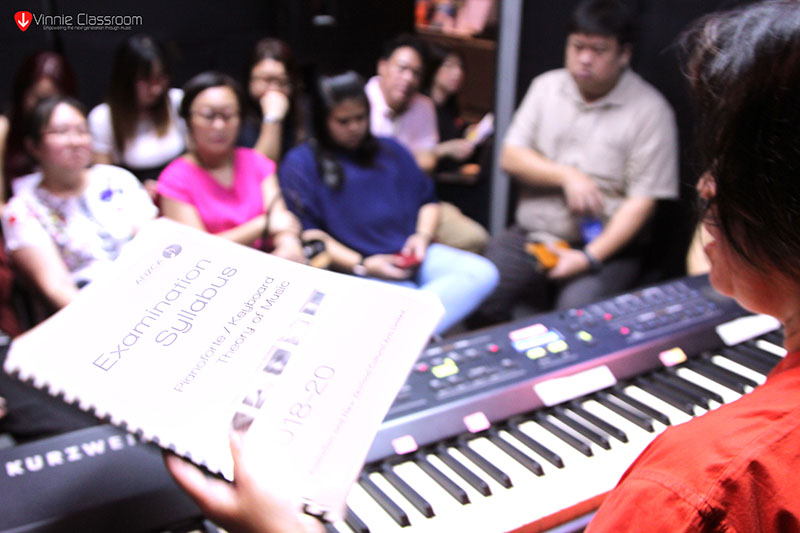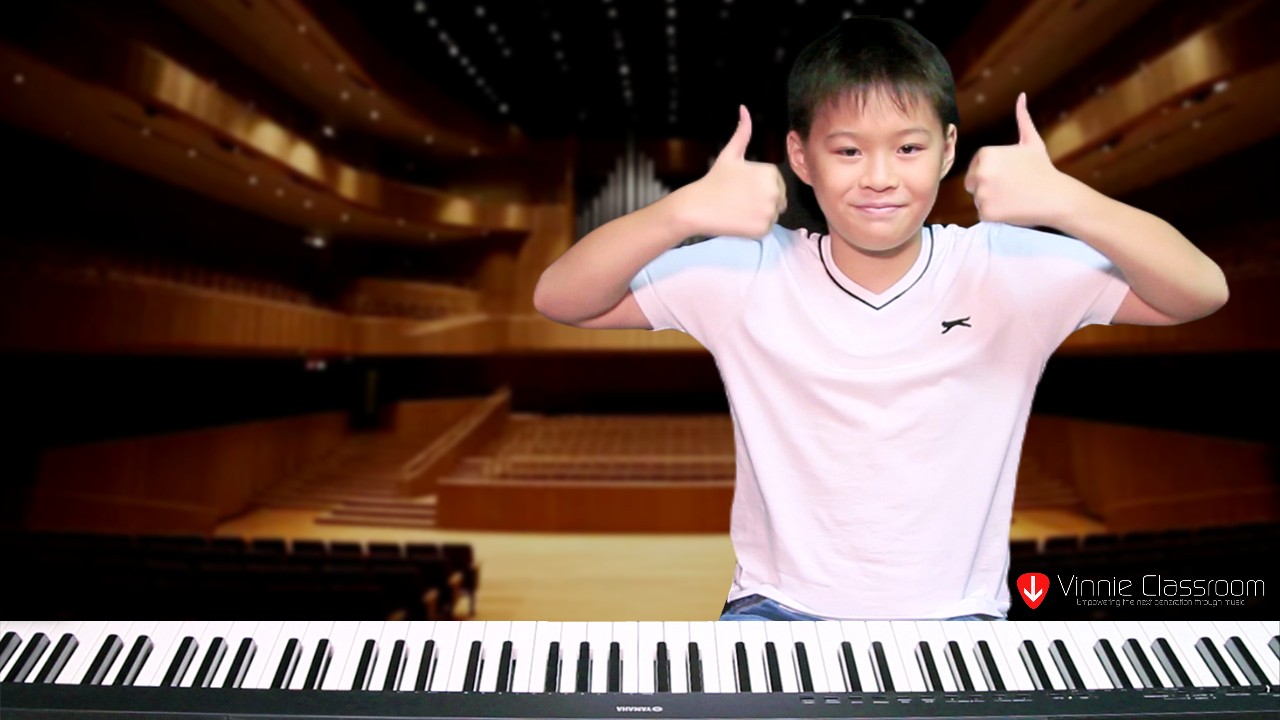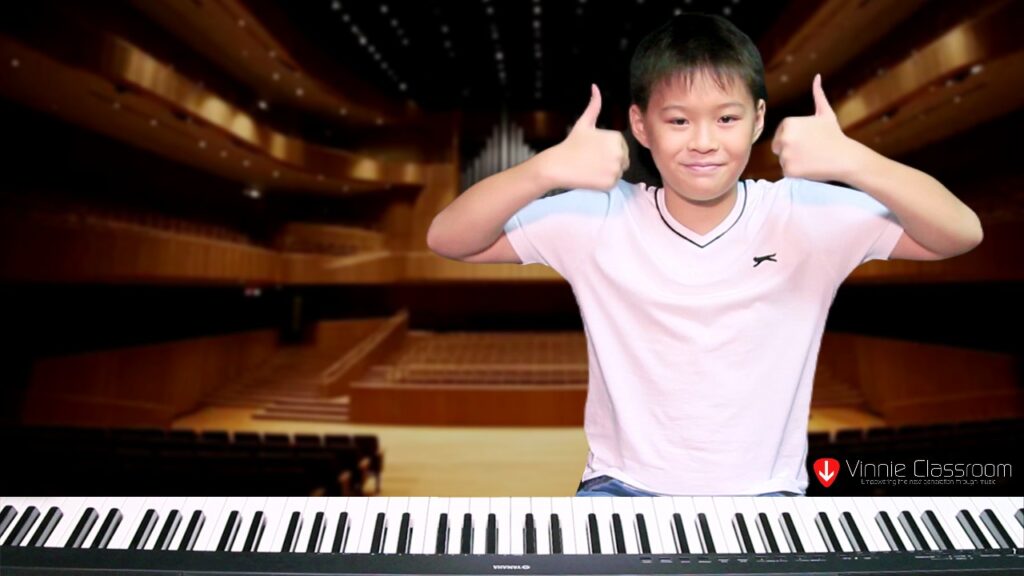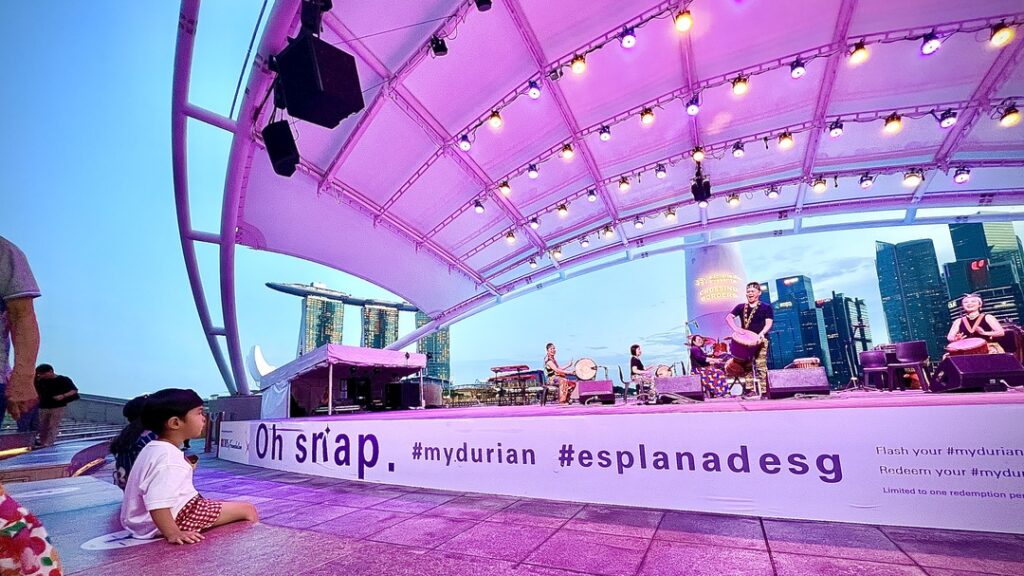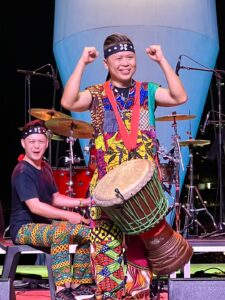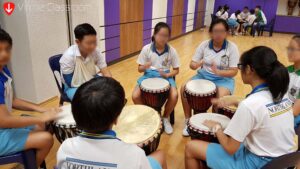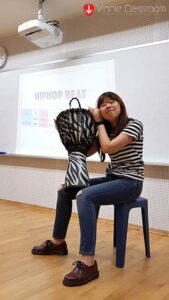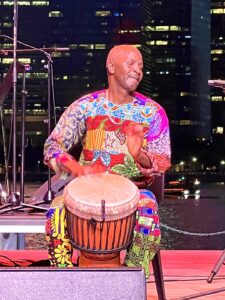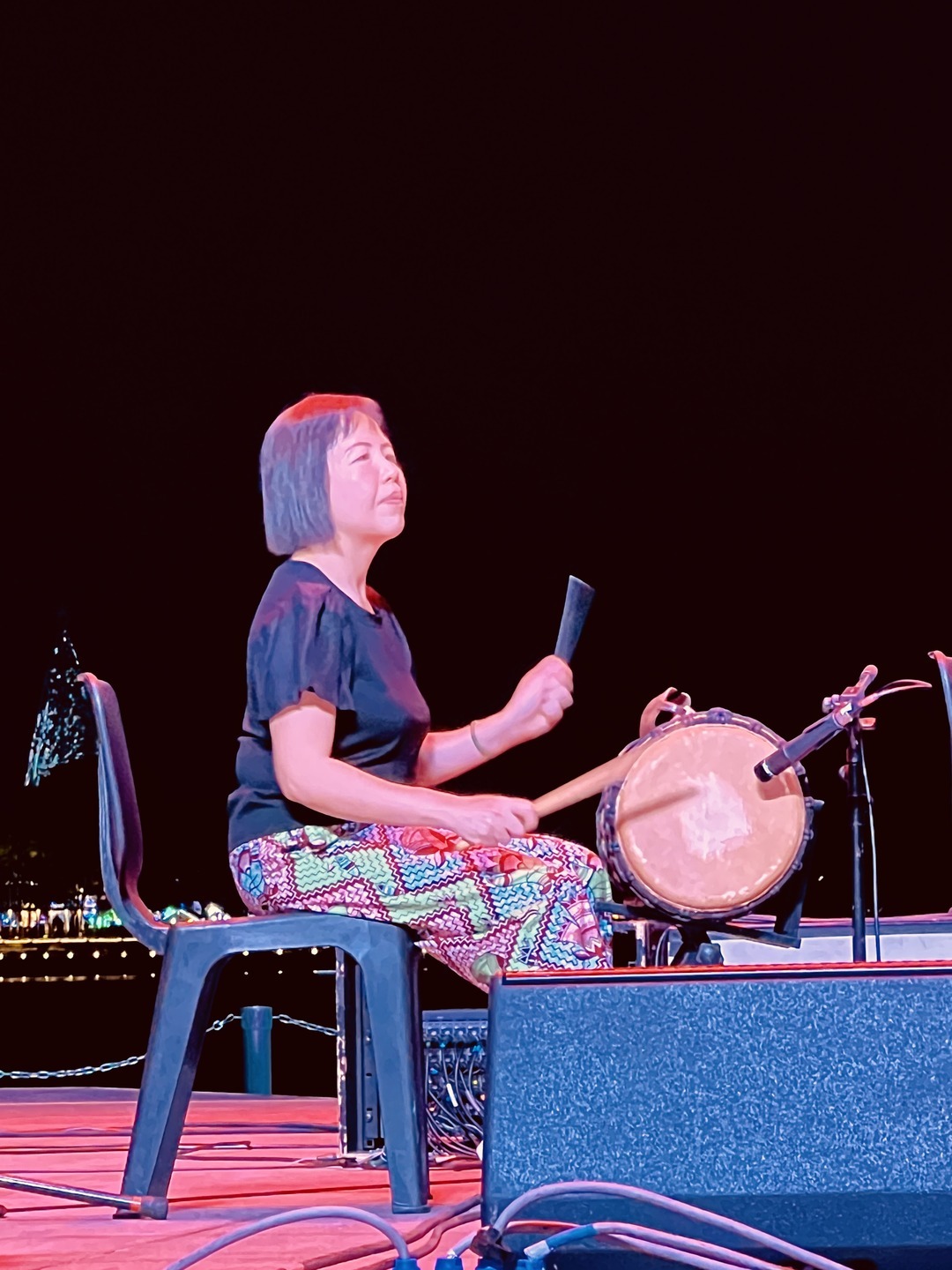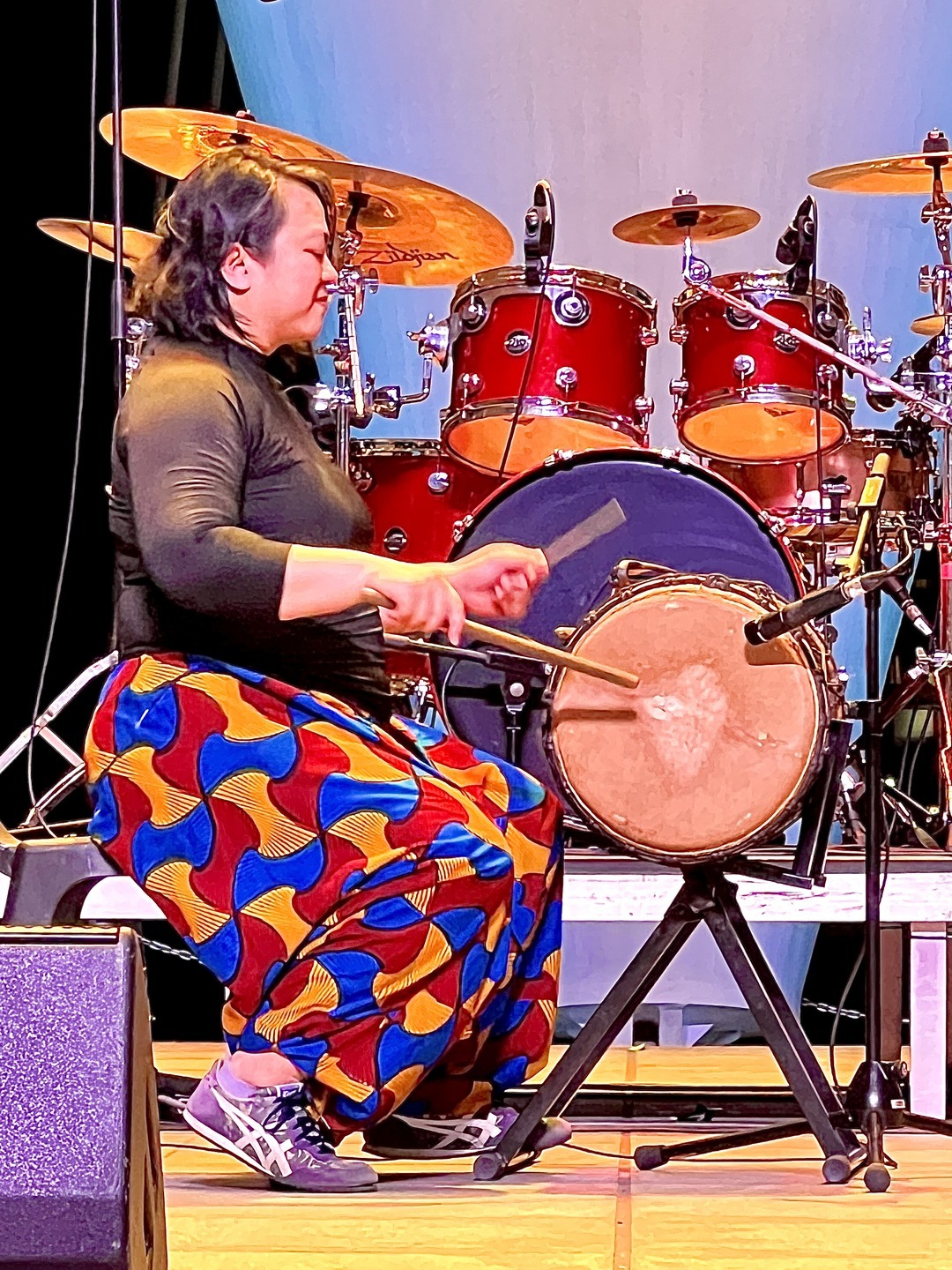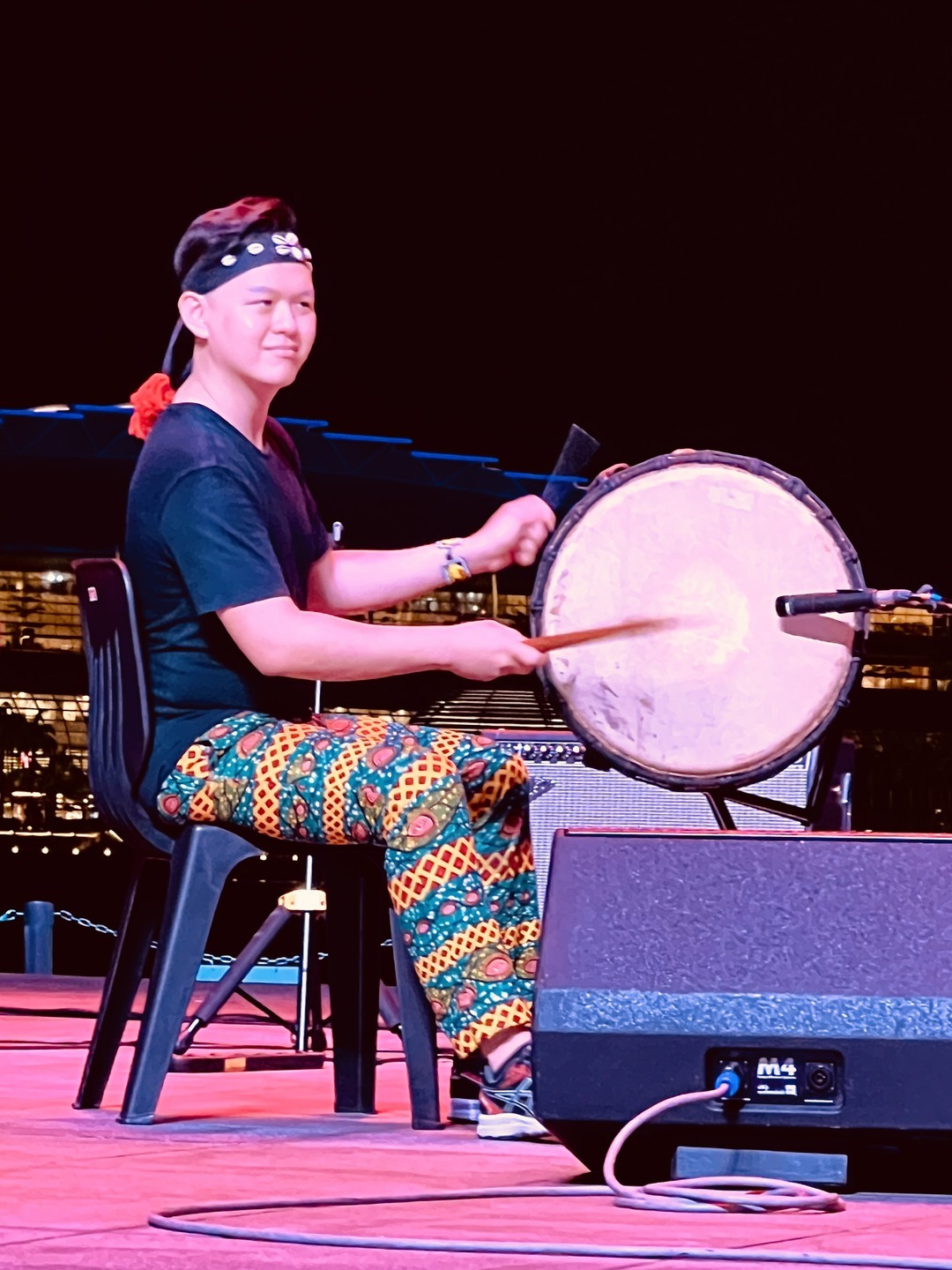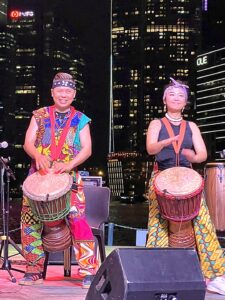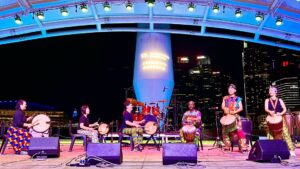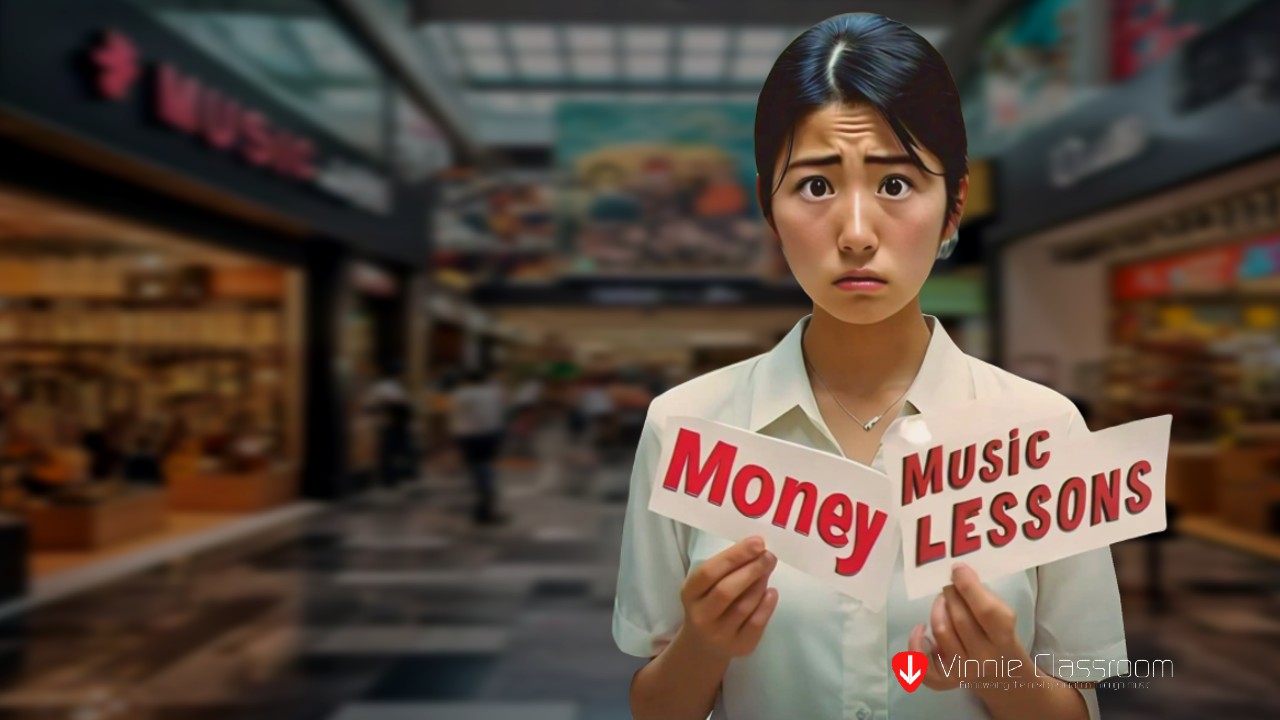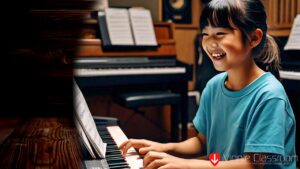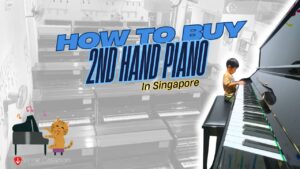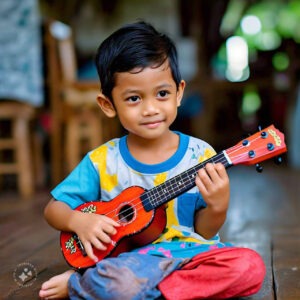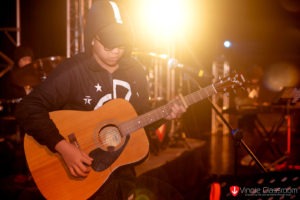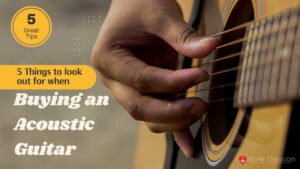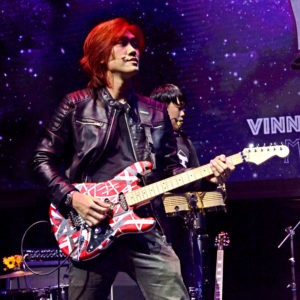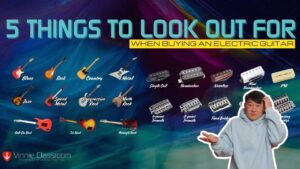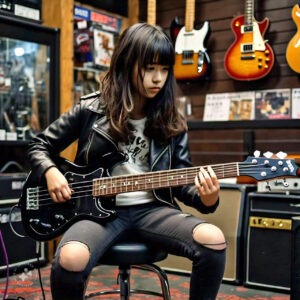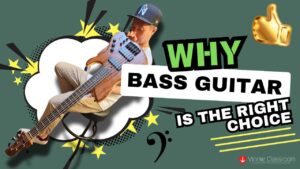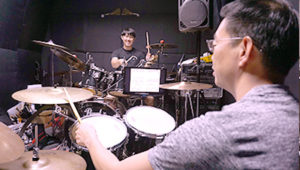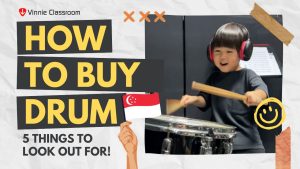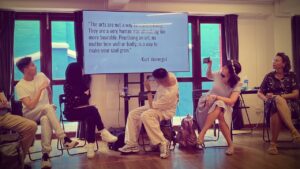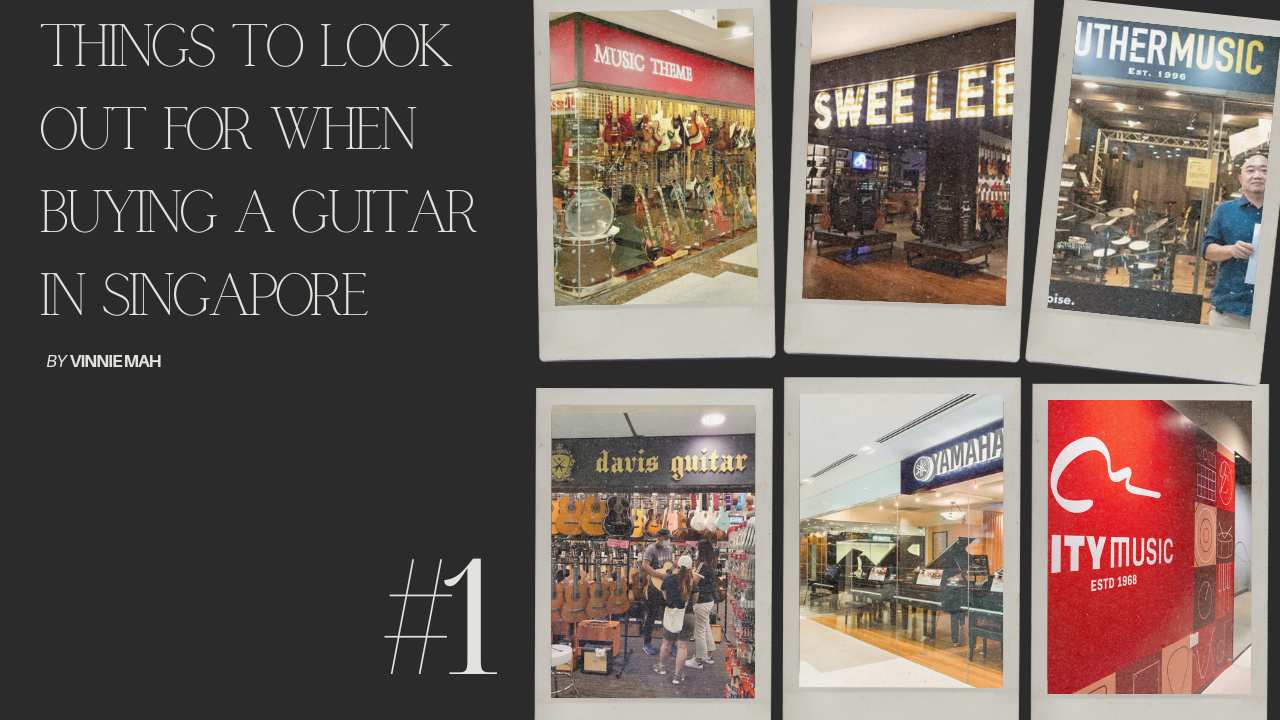
Things to look out for when buying a guitar in Singapore

Singapore is a bustling city with a rich community of music schools and guitar shops! But every country has its unique culture and practices especially when it comes to guitar shops. So if you are new to guitar shopping here on the sunny island of Singapore, this article might help make your trip easier!
Guitar Lessons in Singapore
Before we share spicy information about our guitar shops, allow me to share what we do! We are a music school in Singapore offering guitar lessons at Upper Thomson Road. Signing up for guitar lessons with us means learning from a team with over 10 years of experience running a successful music school in Singapore. Over the years, we have refined our teaching methods to ensure they are engaging, effective, and tailored to suit students of all ages and skill levels. Our commitment to excellence goes beyond lessons—we organize annual recitals! It provides our guitar students with the opportunity to showcase their progress, build confidence, and experience the joy of performing.
Perhaps a recommendation of the top 5 guitars in Singapore?
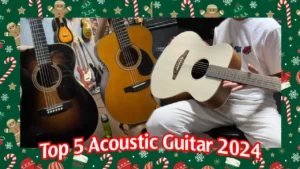 Having a list of suitable guitars before heading down to the guitar shop is always a good idea. This makes you prepared and informed before getting convinced about something that you might regret later on. In our previous article, we shared our Top 5 Acoustic Guitar for this Christmas in Singapore. Perhaps that article might help you get a better understanding of what is available here on Sunny Island Singapura.
Having a list of suitable guitars before heading down to the guitar shop is always a good idea. This makes you prepared and informed before getting convinced about something that you might regret later on. In our previous article, we shared our Top 5 Acoustic Guitar for this Christmas in Singapore. Perhaps that article might help you get a better understanding of what is available here on Sunny Island Singapura.
We have more of such articles underway! If you wish to be informed, consider following us on Facebook.
Buying a Guitar in Singapore is not the same anywhere else
Okay, let’s get to the juicy bits about buying a guitar in Singapore. Guitar shops are kind of like what they have described in Hotel California, “you can check out anytime you like but you can never leave“. Well, that is either you have made your purchase or you have mustered enough strength! I mean, they are candy shops!
Guitar shops here are categorized into Big and Small. They have very different vibes and ways of doing. So do remember to apply our pro tips accordingly!
Big Guitar Shops and their uniqueness
- NOBODY IS SERVING ME
Big guitar shops are often understaffed and do not have the capacity to deal with every single customer walking in. If you are walking in hoping for someone to help, such shops might not be your best bet.
-
- Snag a salesman up the minute you are able to make eye contact with one. Learning their name typically lets them know you are serious about buying something.
- State your intention such as the type of guitar or the guitarist you are trying to model after.
- THE SHOP IS SO NOISY
Because of the lack of staff, it is usually tough for them to do noise control. After all, it is a shop selling items that make sound! Some guitar shops do have a special room, a nice and quiet place that allows you to audition the guitar. But not all of the bigger music shops out there have such luxury.
-
- Visit these guitar shops during quieter times such as weekday mornings.
- Ask if they have a room for you to try the instrument.
- THE STAFF DON’T KNOW ANYTHING
Now this is quite typical with most retailers. Especially with the holiday season fast approaching, many of these staff you encounter might be on their holiday job. Because they are students working during their holiday, they don’t usually have the most adequate training and experience.
-
- Do your research by reading articles such as this one.
- YouTube is a great source for learning all the information you need in a short time.
Smaller Guitar Shops and their quirkiness
- THEY KEPT FOLLOWING ME AROUND
This quirkiness is commonly found in shoe shops too! Our best bet is because the staff are just too eager to serve you. Also, guitars are fragile and not that cheap.
-
- Greet the guys in the shop first before you shop.
- Tell them what you are looking for and ask for their advice.
- THEY DON’T LET ME TRY THE GUITAR
Yes, this is true to a certain extent. Some guitar shops actually forbid their customer from trying their guitars. The staff would perform a tune on the guitar for you before hanging it back on the rack while leaving you confused. Their intention meant no harm, especially to the guitars.
-
- Let the staff perform on as many guitars as you wish for you.
- After comparing a few, try to narrow down your options.
- Ask to try the guitar if you are certain about buying it.
- WHY ARE THEY SO ANGRY
Trust me they are not angry but just displaying some kind of defense mechanism that they have developed over time. You see, while there are many genuine buyers, there are also plenty who have time to kill. Smaller guitar shops do not have the time and resources to waste on customers who are just window shopping.
-
- Remember that this is just a unique culture developed over time.
- No matter what they say, do not engage in unnecessary arguments.
- Beneath it all, they are nice people. Especially when money is on the table.
Disclaimer: Before presenting this article as some sort of proof during your shopping trip, please be reminded that what we are sharing here is based on our personal experience. They are only true to a certain extent.
Conclusion about buying guitars in Singapore
Buying a guitar in Singapore can be a lot of fun. As Singapore is the busiest port in the world, we have pretty much every brand and model you can think of! We have access to a list of limited edition models, top-of-the-line boutique brands, and rare collectors. However Singapore is not just for the rich, the vast collection of lower-end and more affordable guitars helps most kids here to learn the guitar. So while we do not have our very own Ochanomizu guitar street, guitar shopping is still very accessible here in Singapore.
Talk to us if you are interested in signing up for guitar lessons. Or, take a Trial Lesson with us! I am sure with our decade-long experience, we will be of valuable help to you.
Contact us through these easy channels! 🙂
